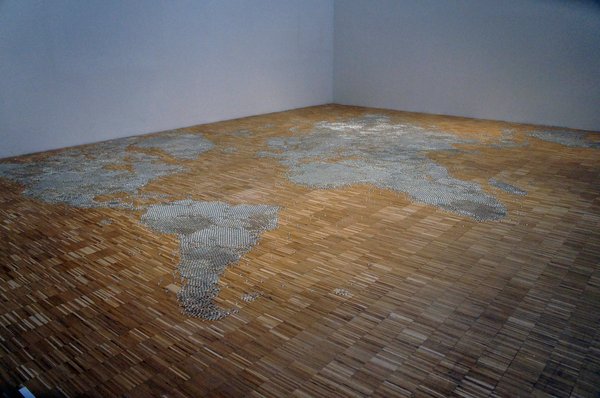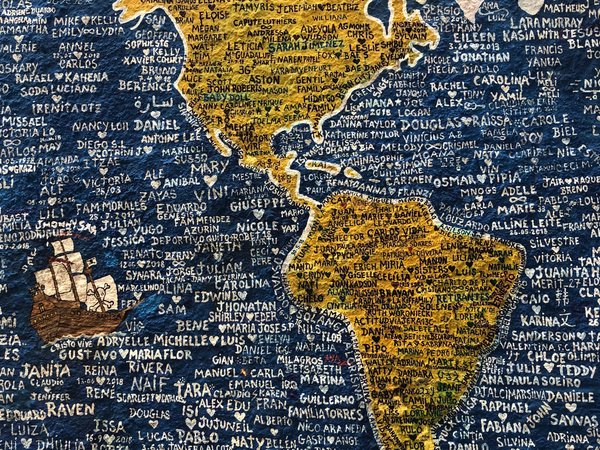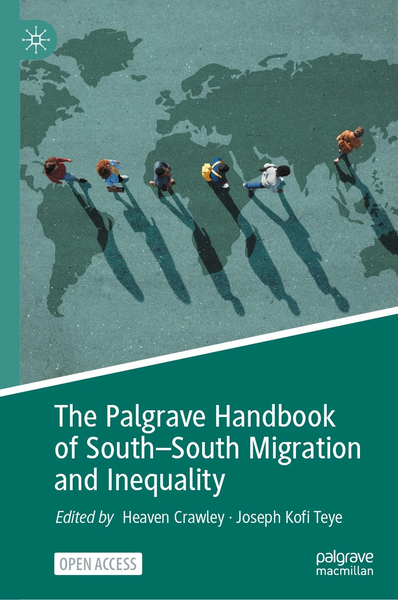MIDEQ is a global, interdisciplinary network of researchers, artists and change makers based largely in the Global South working to decentre the production of migration knowledge. Although at least a third of all international migration takes place between the countries of the Global South, South-South migration is overlooked. Most migration research is oriented towards the political and policy interests of the Global North. Moreover, scholarly work on South–South migration, we argue, is dominated by theories and concepts derived from the Global North, from where most migration research funding originates and where most migration researchers are based. This work often fails to fully grasp the complex social, as well as economic and political factors, associated with migration in the Global South, and the intersectional inequalities with which migration is associated. Centring the knowledge and perspectives of those living and working in the Global South is critical if we want to understand the relationships between South–South migration and inequality. It is also vital in order to harness the potential benefits of migration for development, and for the well-being of migrants and their families.
MIDEQ’s approach to the production of knowledge on migration is reflected in the project’s design and the fact that the majority of MIDEQ researchers – and resources – are based in the Global South. These scholars have published extensively on the findings of their research within and across countries in the Global South, including blogs, policy papers, books and journal articles, access to which is mainly open/free and available via the MIDEQ website. This approach includes artistic approaches to migration research. Researchers from across Africa, from West Africa, and from Brazil have also reflected on the challenges of decentring the production of knowledge associated with structural inequalities in access to resources and publishing opportunities, including the dominance of English in academic and policy writing. Epistemic injustice has been employed as a tool for understanding some of these processes. These perspectives challenge dominant thinking on migration.
This case study highlights two collective outputs which showcase the MIDEQ’s Hub’s efforts to decentre the production of academic and policy knowledge on migration. Decentring is also a feature of our creative outputs, in particular the development of the MIDEQ animations. Across this work, highlighted by the third example provided below, recognising migrants as being among the most important knowledge holders and producers is key.



